Crypto-wars may hold the key to the fate of future wars writes Satyen K. Bordoloi
Blockchain technology – be it cryptocurrencies or NFTs – is supposed to be borderless. Yet, no expert ever predicted that crypto could be an instrument of war. But that is exactly what war-hit Ukrainians and sanctions-hit Russians are suddenly hoping for: that cryptocurrencies are war-proof.
This is a hollow hope. For even if cryptocurrencies are war proof they are not fluctuation-proof. Since its peak of $68,000 on November 10, 2021, Bitcoin has mostly fallen and the day the war began, the price hit the lowest of 2022. However, while the stock market has yet to significantly rebound, Bitcoin has had two near-2022 peaks already. Both Russians and Ukrainians are celebrating this.
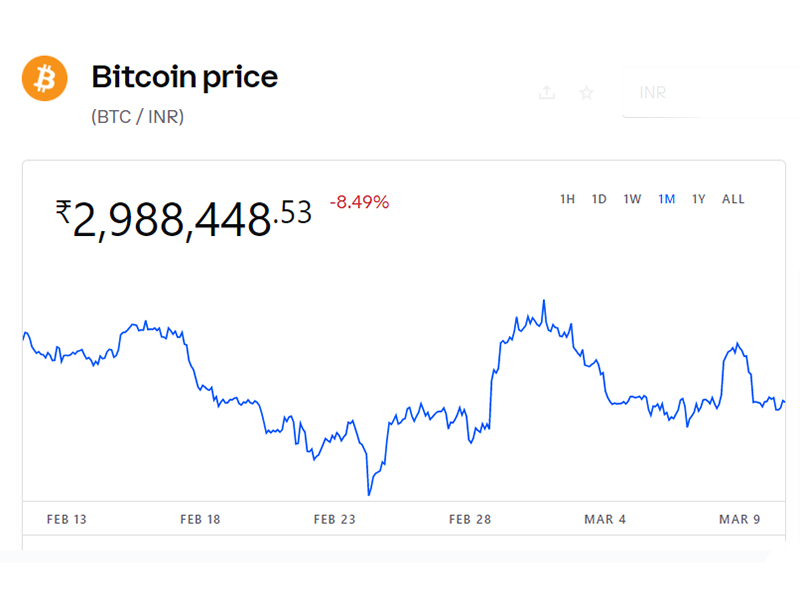
First, let us look at Russia. As the world doubled down after their invasion of Ukraine, a slew of financial carpet bombs has fallen on the world’s largest nation by area. First, it was the SWIFT interbank messaging service ban. Then the globe’s largest payment card networks: Visa and Mastercard and online payment behemoth PayPal have suspended their services in Russia.
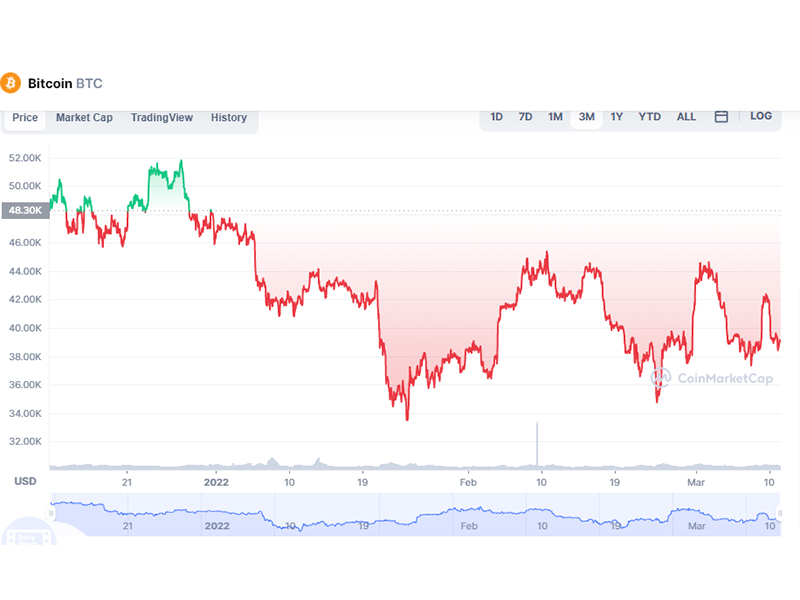
In response, prices of the most popular cryptocurrencies, despite going down initially, shot up as people began buying and hoarding one of the many ‘borderless currencies’. This has given rise to the fear that Russia will use crypto to get around the global financial ban.
But Changpeng Zhao, founder of Binance, a cryptocurrency trading platform, disagrees. In a company blog post, he wrote, “The truth is, crypto is too small for Russia. If we look at the crypto adoption today, there is about 3% of the global population with crypto exposure. Of those, most only have a small percentage of their net worth in crypto. Less than 10% on average. So, there is only less than 0.3% of the global net worth in crypto today. This percentage applies equally to Russia.”
That does not mean that the world is not bothered – as this Guardian article claims, “Russia and its banks could be looking at cryptocurrencies more closely because they could represent an alternative medium of international exchange to the dollar.” The fear is also that crypto bypasses the international banking system and thus sanctions – the deterrent for most nations with intensions of deliberately indulging in conflicts across the world.
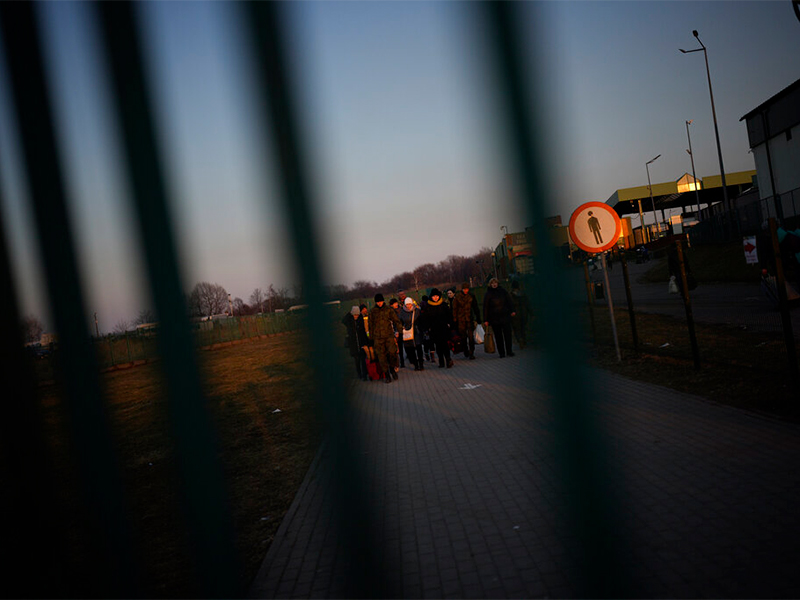
Thus in this first big, western war of the post-blockchain era, cryptocurrencies find themselves at a strategic turning point. How they are used in this war could very well determine the very fate of future wars and thus that of humanity. If sanctions work and cryptocurrencies do not offer an alternate way out to belligerent nations under sanctions, the possibility of future wars is reduced. However, if crypto does allow the Russian state to get away with sanctions effectively, it could have the reverse effect.
In a tweet on February 27, Ukraine’s Deputy Prime Minster Mykhailo Fedorov wrote, “I’m asking all major crypto exchanges to block addresses of Russian users. It is crucial to freeze not only the addresses linked to Russian and Belarusian politicians but also to sabotage ordinary users.”
This is easier said than done though. It is true that the key strength of Blockchain is its transparency – anyone at any time,including you, the reader – can look at where any of the 19 million bitcoins are at this very moment. However, this ‘where’ is limited to digital wallets and not their geographical locations or the identity of owners. This anonymity and decentralized structure mean it is not entirely possible to lock users out of trading cryptocurrencies as you can do with traditional finance.
The most important question though, as Mr. Changpeng Zhao pointed out, is to ask if it is even ethical to block an entire nation out of the crypto market for the actions of their leaders? However, that ethical standpoint should also apply to every normal sanction out there because though everyone knows such sanctions do not affect the leaders, the logic of imposing them seems to be brutally simple: ‘hurting citizenry will try to hurt the wayward leader’.
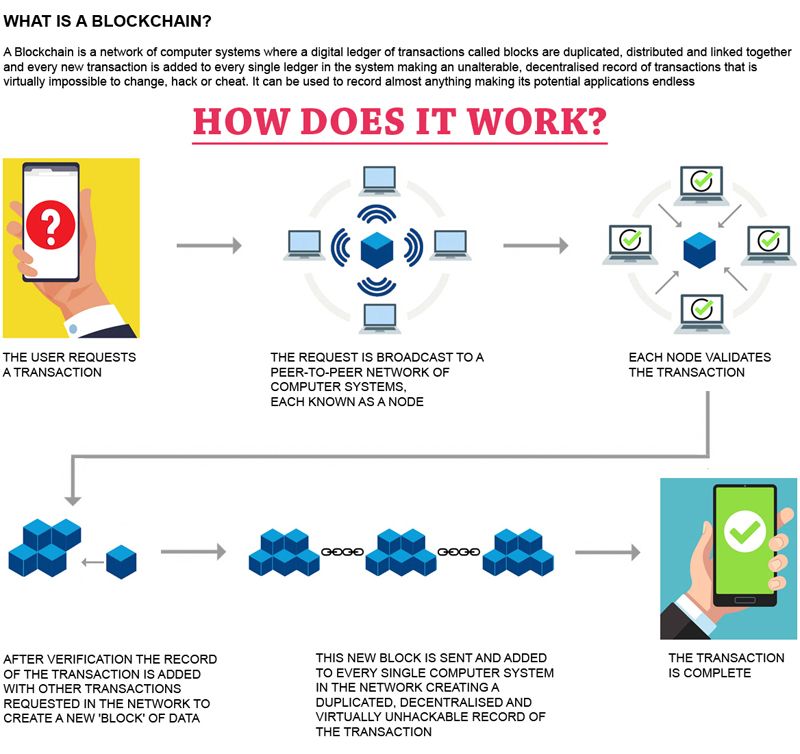
On the other side of the war, Ukrainians are discovering some unintended benefits of cryptocurrencies. The Ukrainian government has asked the world for donations not just in cash, but also in crypto and millions of people have complied.
Deputy Prime Minister Mykhailo Fedorov pointed out in a tweet on March 4, “The Crypto Fund of Ukraine $50M in crypto in a week to support #Ukraine. An incredible unity before Putin’s encroachment on freedom and democracy. Aiming for $100M this week. We WILL win!”
Alex Bornyakov, deputy minister of Digital Transformation of Ukraine told Time magazine that “most of the donations have been in Bitcoin and Ether,” and that, “About 40% of the suppliers are willing to take crypto. The rest raised are typically paid with crypto converted into euros and dollars.” The minister also said that they received another blockchain product: NFTs, hundreds of them including a valuable CryptoPunk.
Alex Bornyakov – who studied in New York and was part of several start-ups there, became part of the first Digital Transformation ministry set up in August 2019 to oversee the nation’s IT services industry, provide broadband across the nation and digitize government services. They have found a unique way to raise more money. They are working with two companies to design a military-themed NFT collection. It will take a couple of weeks to be ready as the team is still trying to figure out what to do and how. But if it comes out, this will be the first-ever military NFT to come out of an actual ground war and benefit a side while the war rages. Considering the global support for Ukraine, these are bound to be popular across the world.
Even Ukrainian civilians are realising the benefits of this currency. Some whose physical possessions have been blown to smithereens and they find themselves refugees in another nation, have found comfort in their cryptocurrency investments. Some of them have said that thanks to their crypto wallets, they feel confident about setting up a new life in a new country.
Blockchain – be it through the $2 trillion cryptocurrency market or NFTs – has come to play such a vital role in this war that many are calling it the world’s first ‘crypto-war’ or ‘crypto-conflict’. Yet, no matter what the fate of Ukraine, one thing is clear: blockchain – especially cryptocurrencies – is finally coming of age.
In case you missed:
- Rise of Generative AI in India: Trends & Opportunities
- Why Elon Musk is Jealous of India’s UPI (And Why It’s Terrifyingly Fragile)
- Unbelievable: How China’s Outsmarting US Chip Ban to Dominate AI
- Deep Impact: How Cheap AI like DeepSeek Could Upend Capitalism
- Digital Siachen: How India’s Cyber Warriors Thwarted Pakistan’s 1.5 Million Cyber Onslaught
- Google Falters Under AI Onslaught: Future of Search in Peril?
- AI Washing: Because Even Your Toothbrush Needs to Be “Smart” Now
- Nuclear Power: Tech Giants’ Desperate Gamble for AI
- Digital Siachen: Why India’s War With Pakistan Could Begin on Your Smartphone
- And Then There Were None: The Case of Vanishing Mobile SD Card Slots




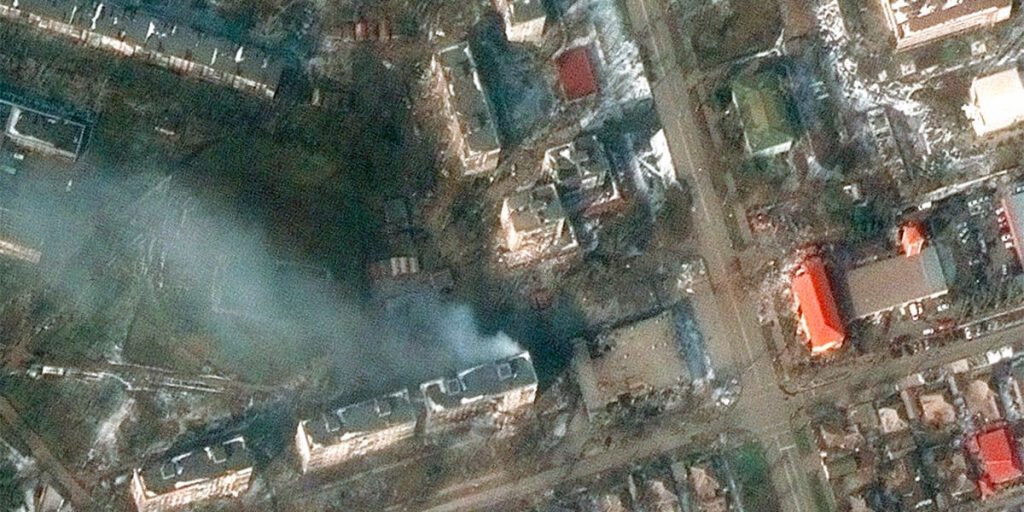

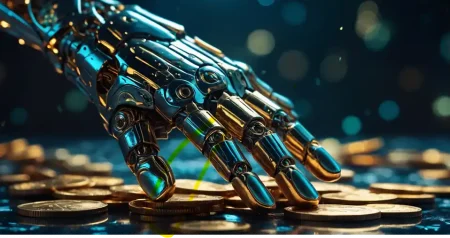




5 Comments
Thanks for the marvelous posting! I actually enjoyed reading it, you may be a
great author. I want to encourage you continue your great work,
have a nice day!
Thank you for your kind words. Do check our portal daily for great content and writers.
Wonderful goods from you, man. I have understand your stuff previous to
and you’re just extremely excellent. I really like what you have acquired here, really like what you are saying and the way in which you say it.
You make it enjoyable and you still take care of to keep
it smart. I can not wait to read far more from you. This is really
a great web site.
Thank you for your words of appreciation. Means a lot to us. Do check our portal regularly for great content and other great writers as well.
Stunning quest there. What occurred after? Good luck!